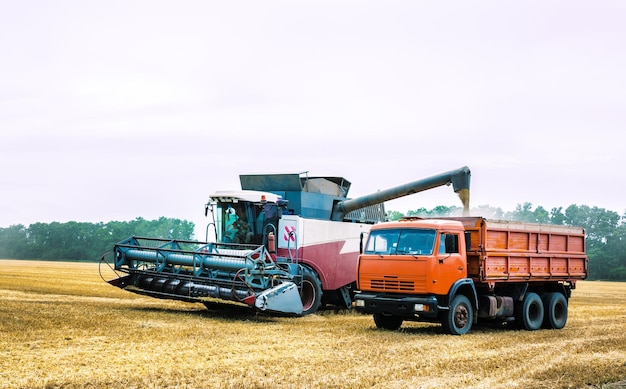As leaders from across Africa’s agriculture and food sectors have converged on Kigali, Rwanda for the 2024 Africa Food Systems Annual Summit (AFS), experts have called on government at all levels for transformation in the continent’s food systems to ensure sustainability and climate resilience.
They said the continent is grappling with an unprecedented challenge driven by rapid population growth and soaring food demand, which are placing immense strain on the ecosystems that sustain agriculture.
In an article titled “Africa’s Food Future: A Crucial Crossroad for People, Climate, and Biodiversity,” Nancy Rapando, the World Wildlife Fund for Nature, WWF Africa Food Systems Lead, and Kristin Davis, Senior Research Fellow at the International Food Policy Research Institute (IFPRI), highlighted the grave challenges facing Africa’s food systems.
Rapando and Davis warned that Africa’s natural capital—its forests, wetlands, and biodiversity-rich landscapes—is being severely degraded as cropland expansion increasingly encroaches on these vital areas, leading to habitat loss and the decline of species.
This challenge they duo emphasised are being compounded by climate change, which both impacts agricultural productivity and is exacerbated by unsustainable farming practices.
”Agriculture is both a contributor to and a victim of climate change. In Africa, changes in rainfall and temperature are already impacting agricultural productivity. Meanwhile, food production contributes significantly to greenhouse gas emissions, primarily through land use changes. As mechanization and the use of fertilizers increase, so do emissions from agriculture,” the article read.
They argued that the transformation of Africa’s food systems is not only crucial for current food security but also vital to ensure that future generations can thrive in harmony with nature.
To address these pressing issues, Rapando and Davis proposed six strategic actions for stakeholders:
- Protect Africa’s Complex Agricultural Landscapes: Africa’s agricultural areas are rich in biodiversity. By taking an ecosystem-centered approach, we can enhance food production while preserving the natural environment. This requires increasing the complexity of agricultural landscapes to improve ecosystem services, which will, in turn, boost food system performance.
- Reform Food Production Practices: Current agricultural practices often exceed sustainable limits, particularly in fertilizer and land use. To secure food production for the future, African farmers need to adopt sustainable practices like agroforestry, which integrates trees into farming systems, enhancing both biodiversity and carbon storage.
- Engage in Strategic Land Use Planning: Agricultural investments near key biodiversity areas must be managed carefully to avoid further environmental damage. Strategic land use planning that balances food production with biodiversity conservation is essential.
- Tackle Food Demand and Consumption: Despite producing enough food globally, Africa still faces a hunger crisis, exacerbated by food waste and unhealthy diets. Reducing food waste, promoting recycling, and encouraging dietary shifts are critical steps in reducing the food system’s environmental footprint.
- Harmonize Policies Across Sectors: African policymakers must align agricultural, climate, and biodiversity policies to create a coherent strategy for food systems transformation. This includes integrating biodiversity protection into agricultural policies and ensuring that climate resilience efforts protect the natural resources vital for food production.
- Recognize Agriculture’s Multifunctional Role: Agriculture provides more than just food—it delivers social, cultural, economic, and environmental benefits. Assessing agricultural performance through this broader lens will help guide necessary changes toward more sustainable food systems.
The 2024 Africa Food Systems Annual Summit (AFS), which began on Tuesday, September 3, 2024, in Kigali, Rwanda, will come to an end on September 6.
The summit, themed “Innovate, Accelerate, and Scale: Delivering Food Systems Transformation in a Digital and Climate Era,” is to drive the critical changes needed for sustainable food systems in the face of digital and climate challenges.
Writing by Annabel Nwachukwu; Editing by Adeniyi Bakare (FRCN)



